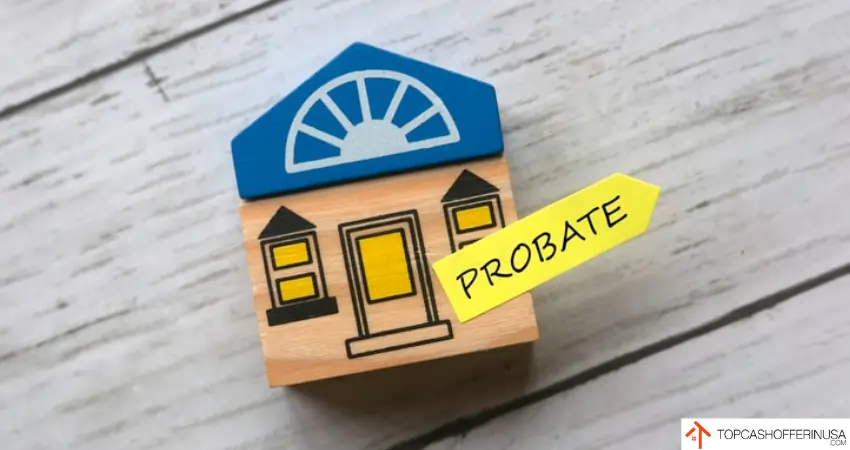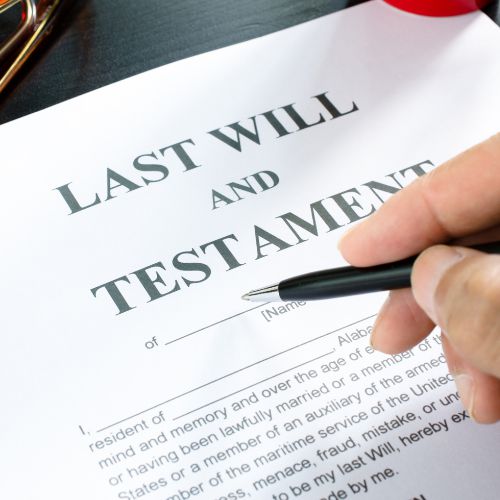What is an estate probate?
To get the property of a dead person, an initiator of the will must contact and provide the right document to the administration to deal with the belongings and assets of the deceased. Once the administration has paid off any dues, the initiator of the will can obtain the rights to their inherited property. However, different complications may arise during the probate process.


